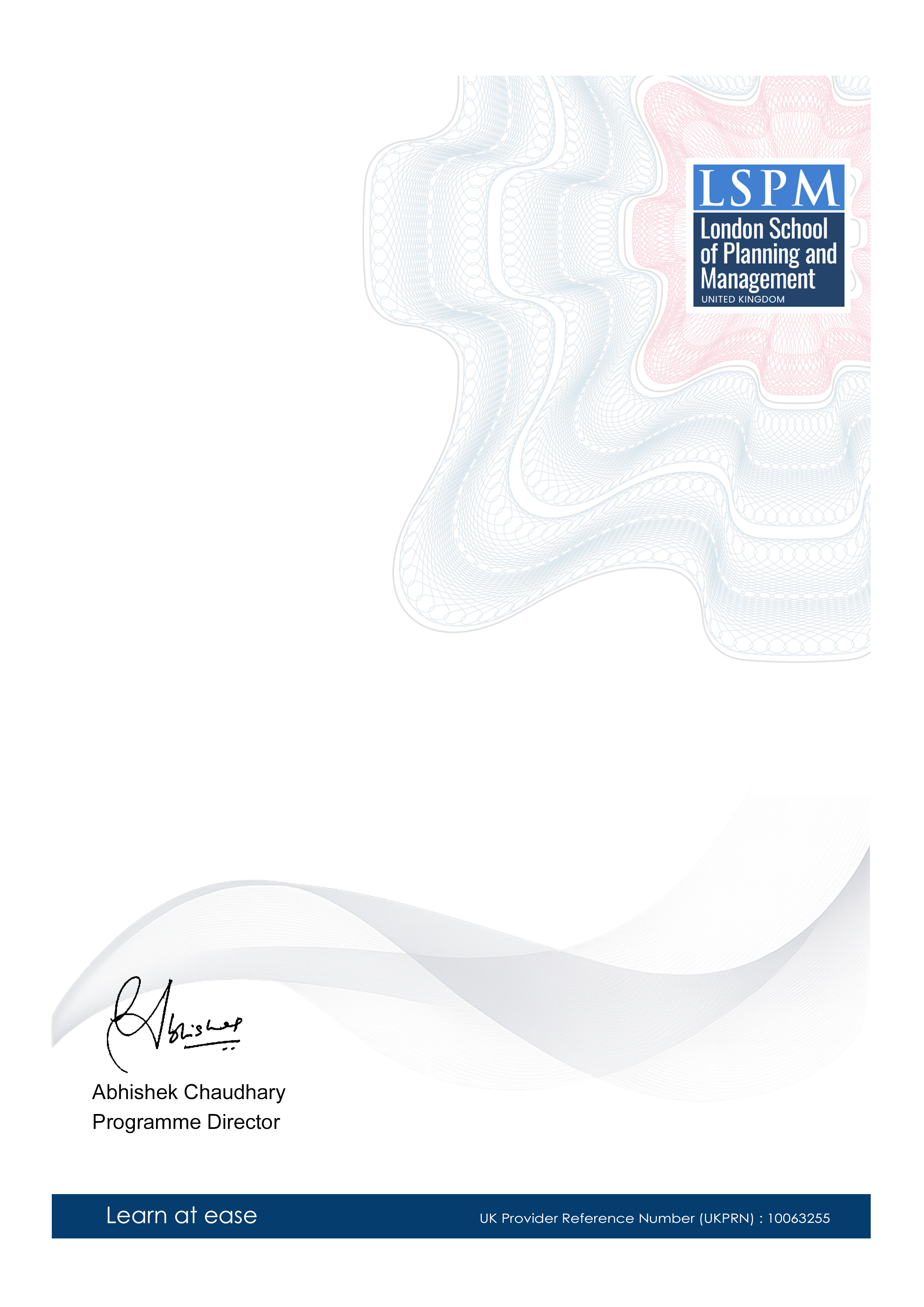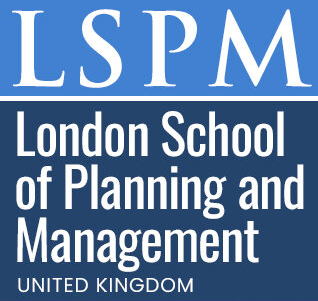Postgraduate Certificate in Molecular Evolutionary Recombination
-- viewing nowThe Postgraduate Certificate in Molecular Evolutionary Recombination is a comprehensive course that provides learners with an in-depth understanding of the evolutionary processes and recombination events that shape genetic diversity. This course is essential for individuals seeking to advance their careers in genetics, genomics, and bioinformatics, as it equips them with the skills to analyze and interpret complex molecular data.
5,324+
Students enrolled
GBP £ 149
GBP £ 215
Save 44% with our special offer
About this course
100% online
Learn from anywhere
Shareable certificate
Add to your LinkedIn profile
2 months to complete
at 2-3 hours a week
Start anytime
No waiting period
Course details
• Molecular Evolution: Introduction to the fundamental concepts of molecular evolution, including principles of population genetics, natural selection, genetic drift, and gene flow.
• Recombination Theory: Overview of the mechanisms of genetic recombination, its role in evolution, and the mathematical models used to describe it.
• Molecular Phylogenetics: Analysis of molecular sequence data to infer evolutionary relationships among organisms, including methods for constructing and interpreting phylogenetic trees.
• Computational Methods in Molecular Evolution: Introduction to computational tools used in molecular evolution, including sequence alignment, multiple sequence alignment, and maximum likelihood estimation.
• Population Genomics: Exploration of the genetic diversity within populations, including the use of genomic data to infer population structure, demographic history, and natural selection.
• Reticulate Evolution: Study of the evolutionary processes that result in the formation of reticulate networks, including hybridization, horizontal gene transfer, and recombination.
• Molecular Evolution of Recombination: Analysis of the evolution of recombination rates, hotspots, and mechanisms in different organisms, including the role of natural selection and genetic drift.
• Advanced Computational Methods in Molecular Evolution: In-depth exploration of advanced computational methods used in molecular evolution, including Bayesian inference, coalescent theory, and approximate Bayesian computation.
• Comparative Genomics: Comparison of genomic data from different organisms to infer evolutionary relationships, gene function, and genome organization.
Career path
Entry requirements
- Basic understanding of the subject matter
- Proficiency in English language
- Computer and internet access
- Basic computer skills
- Dedication to complete the course
No prior formal qualifications required. Course designed for accessibility.
Course status
This course provides practical knowledge and skills for professional development. It is:
- Not accredited by a recognized body
- Not regulated by an authorized institution
- Complementary to formal qualifications
You'll receive a certificate of completion upon successfully finishing the course.
Why people choose us for their career
Loading reviews...
Frequently Asked Questions
Course fee
- 3-4 hours per week
- Early certificate delivery
- Open enrollment - start anytime
- 2-3 hours per week
- Regular certificate delivery
- Open enrollment - start anytime
- Full course access
- Digital certificate
- Course materials
Get course information
Earn a career certificate

